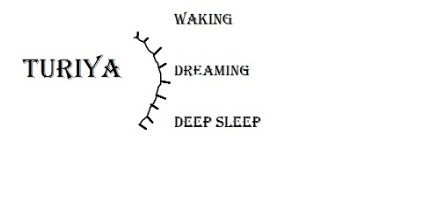Jaundice is a disease which leads to yellowing of the skin, whites of the eyes and urine because of a high level of bilirubin. The treatment of jaundice is simple if the patient is willing to bring a change in food habit. Do's: Drink plenty of water. Eat green vegetables, mashed potato, rice with no spice and turmeric added. Curd is very beneficial. Eat fruits. Cucumber and watermelon will provide much relief. Dont's: Don't consume hot food. Strictly avoid the use of oil, ghee, spices and turmeric in food. Avoid doing physically hard work. Avoid milk products, pulses and non-vegetarian food. Precaution and proper diet are the best solutions for jaundice.
See the reality as it is


Comments
Post a Comment